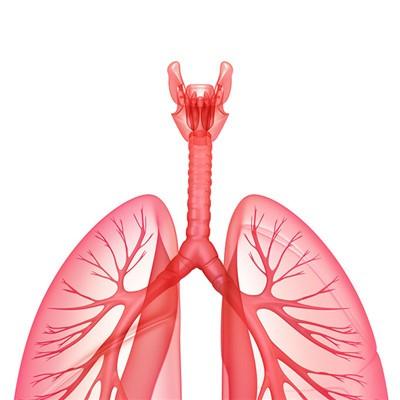Chronic epiglottis symptoms?
summary
Recently, a 33 year old programmer posted on the Internet that he suffered from acute epiglottitis and almost said goodbye to the world, which attracted people's attention and spread wildly on the Internet. Some people do not believe that epiglottis is not throat inflammation? Is it really that terrible? Let's talk about it.
Chronic epiglottis symptoms?
Epiglottis is a piece of cartilage covered with mucous membrane like a small cap, which is located behind the base of tongue and at the "fork" of trachea and esophagus. Epiglottis in this "fork" plays a very important role. This "fork" is the only way for people to swallow food and inhale air. When swallowing food, epiglottis droops and covers the trachea to avoid swallowing food into the trachea; When inhaled air, epiglottis will open up, so that air smoothly into the trachea, inhaled into the lungs. So that food and gas go their own way, in an orderly way, do not interfere with each other.
If the epiglottis is inflamed, it will not only cause throat pain, fever and other symptoms, but also affect the front vocal cords, resulting in unclear pronunciation, low voice, hoarseness and even aphasia. Sometimes, it can also cause reflex otodynia. The most terrible thing is that the submucosal tissue of epiglottis is loose, and it is especially easy to cause edema after inflammation. The highly swollen epiglottis is limited in movement, covering the glottis downward, blocking the trachea and esophagus, causing dysphagia, salivation, wheezing, dyspnea, and even asphyxia. A few epiglottis will recur. This programmer for the second time, belongs to this kind of recurrent epiglottitis.
There are two types of acute epiglottitis: rapid and delayed. The rapid onset can occur suddenly within 4-6 hours, and salivation, wheezing and dyspnea will appear soon. If it is not rescued in time, it will soon die of suffocation. The main manifestations of the disease are fever, sore throat, dysphagia and unclear pronunciation. The mortality is low. The programmer is a fast-acting, from feeling throat discomfort to dyspnea only three hours. Fortunately, he had had epiglottis before and was experienced. He was unable to speak, but he was conscious. He wrote "acute epiglottis, dyspnea, call for help" on his emergency mobile phone and survived.
matters needing attention
Most acute epiglottitis is caused by infection. The most common reason is bacterial infection, which is more common in Haemophilus influenzae, Staphylococcus, Streptococcus, pneumococci, etc. virus infection or secondary bacterial infection after virus infection can also be caused. Throat abrasions, drug or food allergies, fatigue, alcoholism, smoking are common inducing factors. Recurrent epiglottis is associated with chronic tonsillitis and epiglottic cyst.








